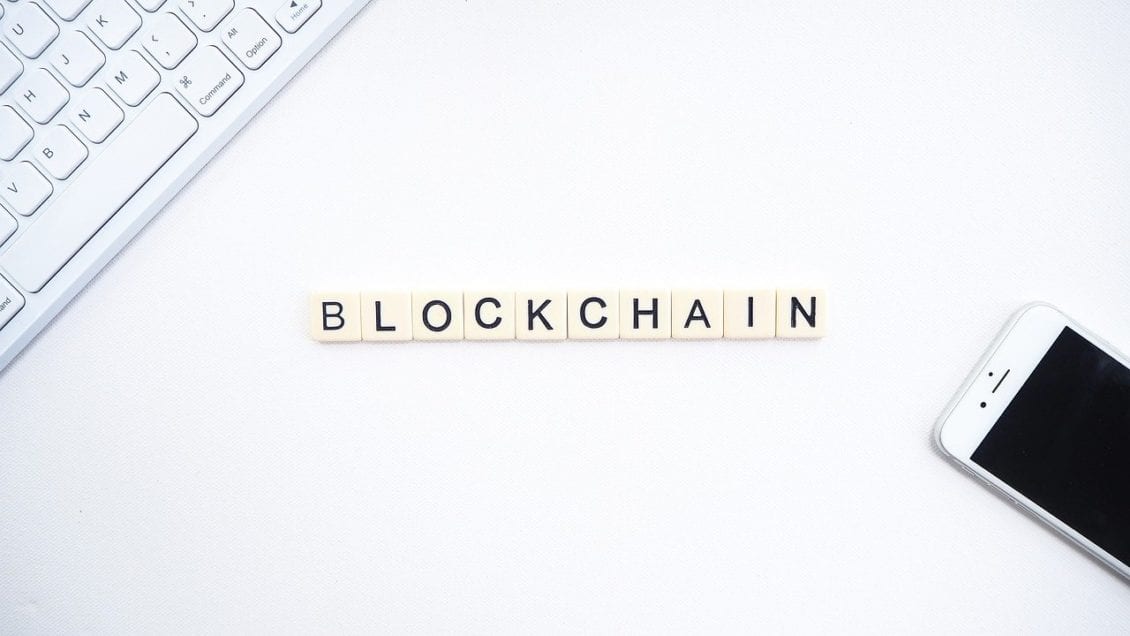The idea of decentralization has been around for a long time, but it’s only recently that we are seeing this concept become reality.
Decentralization is the process of dispersing authority and decision-making so that each participant in the network contributes to its upkeep and control. Bitcoin is one example of a decentralized system because it relies on peer-to-peer transactions without any intermediaries or central authorities.
The elimination of middlemen means lower transaction costs, which has helped Bitcoin reach mainstream acceptance as people grow disillusioned with government currencies like the US dollar.
Decentralized systems can be applied to various industries including finance, energy, law enforcement and more — essentially anywhere where there’s an intermediary between two parties trying to do business.
What is Centralization?
Centralization is one way that we can describe governments, banking and other types of organizations who have central authorities or intermediaries between two parties trying to do business.
Centralized systems are not inherently bad but their lack of transparency has led many people away from them as they grow disillusioned with governments like the US dollar, which is controlled by banks instead of its citizens.
Decentralized systems on the other hand rely on peer-to-peer transactions without any intermediaries so there’s less reliance for a single system or entity controlling actions.
Bitcoin is an example because it relies only on peer-to-peer transactions without any need for middlemen, which allows more autonomy than we currently allow ourselves through traditional payment methods.
Why Is Decentralization Necessary?
Decentralization can do a lot of good for a lot of people. It can provide access to financial services in areas where there is none, and it can give people more autonomy over their money.
In the past, there has been a lot of trouble with centralized systems. Banks have used their power to control how people’s money is spent and what they can do with it – or even withhold it from them if they wish.
This means that many people are disillusioned by traditional banking institutions like the US dollar because banks cannot be trusted to not prioritize themselves over everyone else in society.
Why Is Decentralization Gaining in Popularity?
Ever since the beginning of the internet, there have been voices on the side of decentralization.
However, it’s clear that this concept is gaining in popularity since the last couple of years.
This is because people want to have more autonomy over their money.
In the past, there has been a lot of trouble with centralized systems.
Banks have used their power to control how people’s money is spent and what they can do with it – or even withhold it from them if they wish.
Governments have used their power as well to make decisions about people’s finances without consulting those who are actually impacted by these decisions (i.e., not including workers in wage negotiations).
The most interesting example here is El Salvador which will soon be introducing Bitcoin as legal tender, which we’ll talk about later.
With the imminent rise of decentralization comes a massive increase in the demand for cryptocurrencies. Cryptocurrencies have become prolific in recent times with most people going to brokers like Coinbase to purchase their coins. Whilst most people invest by simply buying and holding crypto, manually day trading or using technical analysis, many people are turning to more sophisticated means of accumulation such as algorithmic trading robots to try and turn a profit.
Decentralization Beyond Banking & Finance
Beyond banking & finance, decentralization could also be used for a variety of purposes.
Energy grids
One of the biggest benefits of decentralization will be to reduce our dependence on centralized energy grids.
This is because a decentralized grid can better support more complex needs like storing electricity in batteries or using local resources such as solar power and wind turbines instead of depending on fossil fuels that are only found at one location.
A decentralized grid would allow us to start taking back some control from those who have manipulated this system (i.e., Russia) by weaning ourselves off an electric supply controlled largely by Putin’s government.
Decentralization would also allow for a more flexible and responsive grid that better supports our needs.
This is because the decentralized energy system will be based on an “opt-in” model, with consumers able to choose their supplier from a list of service providers.
Whereas in Russia they’re required by law to buy electricity solely from state-owned suppliers, which creates serious problems when those power lines go down (i.e., blackouts).
With decentralization, we’ll have greater control over what type of supply we want while also being able to mitigate some risks through innovation at the local level – such as developing new technologies or improving storage capabilities so there’s less dependence on grids tied into fossil fuels.
Voting
Another use of decentralization could be for the voting process.
Currently, voting is done through paper ballots that are counted by hand or in a machine.
This process can be slow and inaccurate depending on the type of machine used to count them.
Blockchain could provide an immutable way for people to vote from their device securely without having to worry about whether their votes were recorded correctly.
With blockchain technology, there would also be less risk of tampering with any votes cast as it provides data-forensics capabilities – which means evidence such as fingerprints and DNA samples could help identify where and how changes occurred if necessary.
They also offer security against hacking by using cryptography which allows data forensics capabilities even after votes have been casted ensuring there’s no evidence left behind when changes occur so it becomes nearly impossible to tamper with any single vote.
The decentralization nature of this system will allow voters all over the world access to democracy while addressing many challenges currently faced around voter fraud in countries like Russia or the US because with decentralized systems every vote must match the blockchain.
Social Networks
Blockchain technology could be used to build decentralized social networks.
For example, Minds is a new blockchain-based app where content creators are rewarded with tokens for their contributions in the form of upvotes from users on the platform.
This benefits both content creators and those who want access to quality information by providing an incentive to create good work that people find valuable.
In this way, decentralization can help us reclaim our data privacy rights while also creating thriving communities based around unique topics like art or science–communities which may not otherwise exist without these incentives.
The beauty of it all is that we don’t need centralized organizations telling us what’s worth talking about or rewarding creativity; instead we as members have control over how much value something has by upvoting the posts that we find valuable.
In this way, decentralized networks can be used not only to make social media better for users, but also to help connect people around the world.
The Concerns of Decentralization
There are always 2 sides of a coin.
While decentralization clearly has some great benefits, it also comes with some concerns like the struggle for power in the absence of a centralized authority.
Another issue is that, without proper safeguards and regulations, fraud could run rampant as it’s difficult to monitor everything on smaller scales when you can’t just use traditional tools like banks and governments.
While decentralized currencies are not immune from these risks, they do offer ways to limit them such as having more transparency through public ledgers or by using independent transactions.
If we move towards a society where decentralization becomes the norm rather than being an exception then perhaps many of these concerns will disappear over time.
The Case of El Salvador
More and more governments started to look into the potential use of blockchain technology. In June 2021, El Salvador expressed their desire to be the first nation to use Bitcoin as legal means of tender.
In a recent broadcast for Bitcoin 2021, Pres. Bukele announced El Salvador will be using Bitcoin/lightning app Strike to build its own modern financial infrastructure.
“Next week, I will send a bill to the congress that makes it legal for Bitcoin to be used as currency,” said Bukele.
President of El Salvador, Nayib Bukele has said that the state-owned geothermal electric company LaGeo will come up with a scheme to create Bitcoin mining facilities using renewable energy from the nation’s volcanoes.
The government of El Salvador has announced that Bitcoin will be used as legal tender, and also that they are granting citizenship to investors who have put three bitcoins into their country.
“It will bring a level playing field to finance, investment, tourism, innovation and general development to our country,” Bukele said in a tweet shortly before the vote in Congress, which is controlled by his party and allies.
Jack Mallers, who founded the Lightning-based platform Strike, said this will go down as one of the most pivotal events in Bitcoin’s history.
“Bitcoin is a new and innovative way to store wealth. The decentralized ledger helps emerging economies protect themselves from the pressures of inflation by using Bitcoin as an alternative currency.”, Mallers continued.
El Salvador is a country with high levels of poverty, and as such, has been heavily dependent on remittances from abroad – which typically come in the form of cash or credit card payments made by friends and family members living in other countries like the United States.
Bitcoin could provide an opportunity for El Salvadorans to have more autonomy over how they spend and handle their finances without having to rely on international transfers through traditional banking institutions that charge large fees and often don’t serve rural areas well at all.
The world is changing and this change will not just stop at financial transactions- it is so much more than that.
Decentralization is something we should all be considering, understanding and accepting as our future because if decentralization can provide a way to vote securely while decreasing fraud – why wouldn’t you?








Leave a Reply
View Comments